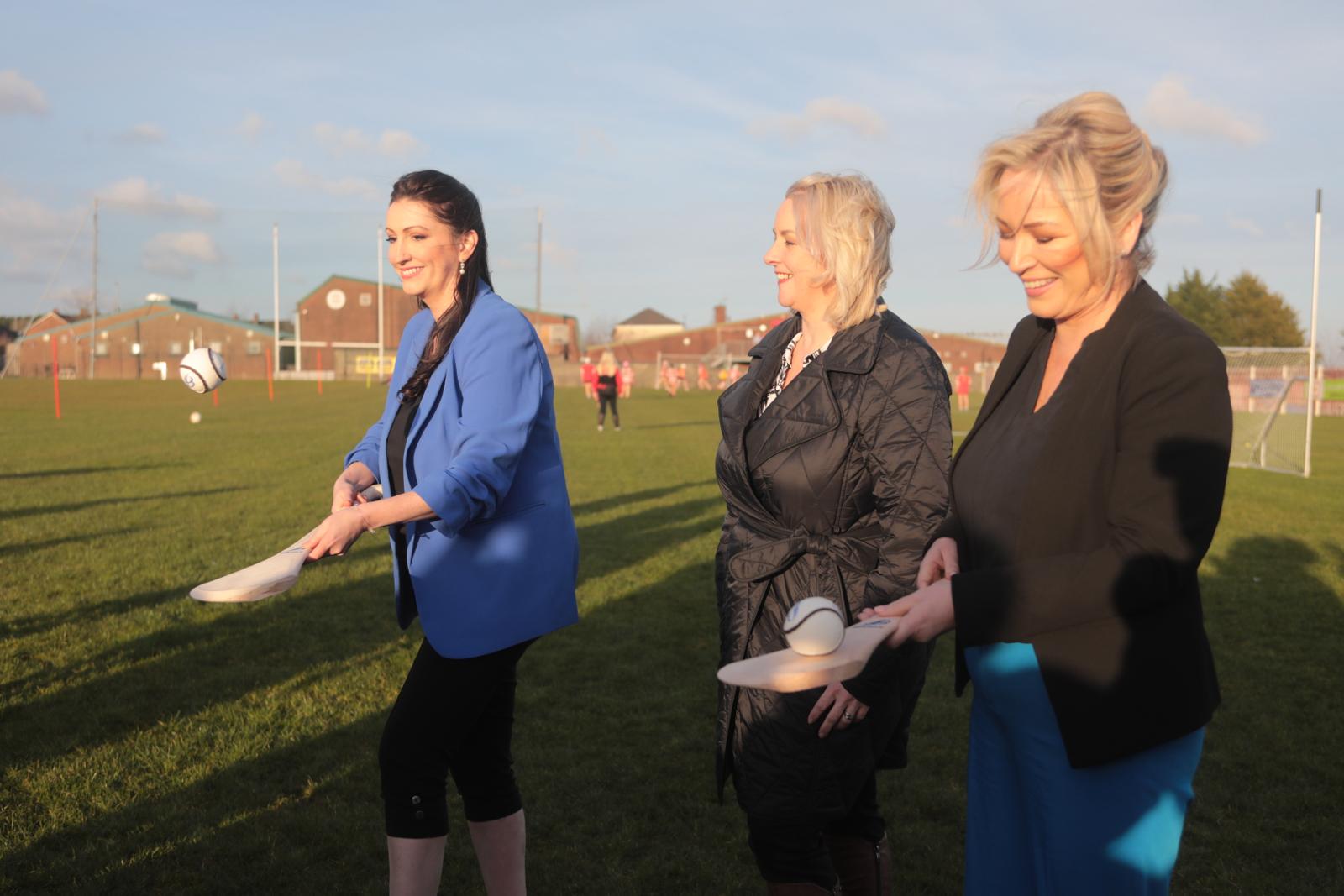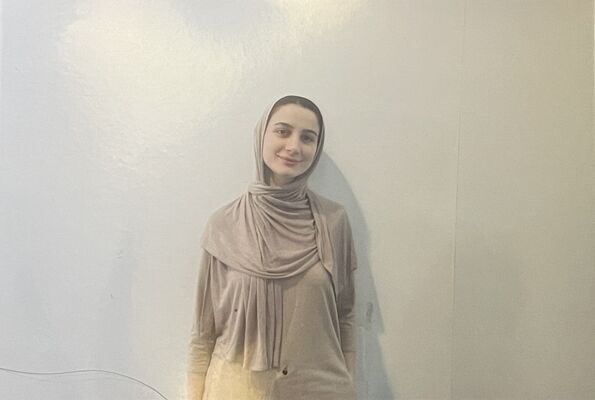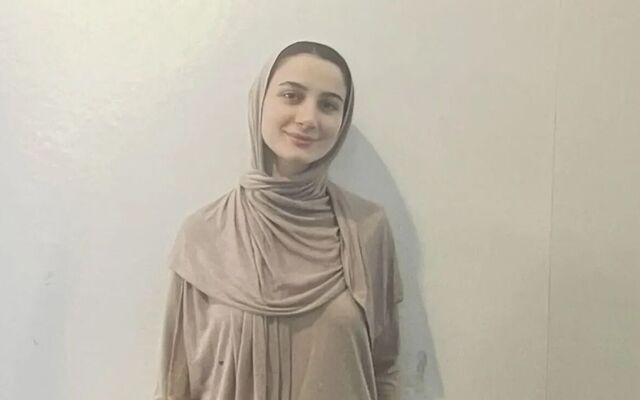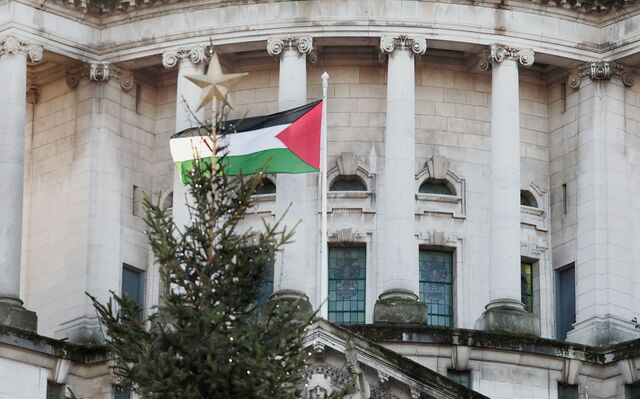THERE are those naive enough to believe that for the nationalist and republican people of West Belfast and beyond, the Casement Park project is only about infrastructure.
The new stadium will, of course, be a hugely significant boost to the sporting and social life of the North. But Casement has now stopped being about a venue for marquee GAA matches, an international soccer tournament and world-famous rock and pop stars. Casement is now a litmus test of this gerrymandered little statelet’s willingness and ability – finally – to convince non-unionists that there is a place for them as equals.
But it’s more than that, because there have been many tests before – tests that unionism and London have failed abysmally. This test is different because the political landscape, the constitutional conversation and the vision of what’s possible and achievable have changed so utterly that this could well be the last test that partition is allowed to fail.
Be in no doubt, the argument about Casement has been distilled into an argument about the very future. DUP leader Sir Jeffrey Donaldson last week told the unionist people that the North is “no longer red, white and blue” and that they need to win converts if the union is to be maintained. The impact of those realistic and welcome words was immediately undone when he said that failing to grow support outside traditional boundaries would “cede ground to the enemies of the union”. Battlefield analogies and the description of non-unionists as “enemies” are rhetoric that belongs in the grey gospel halls of the 1950s, but such is the depth of suspicion and hostility that pervades Northern unionism at what is the lowest point in its history that even a supposed moderate like Sir Jeffrey finds it impossible to avoid the familiar comfort of confrontational language.
Fun and laughter at St Paul's GAC but questions remain over Casement https://t.co/BtIFPbM706 via @ATownNews
— Andersonstown News (@ATownNews) March 7, 2024
Unionism finds itself in a place where it is busy fighting one-sided battles and finding enemies who aren’t in fact enemies at all. The GAA, the Irish language, Casement, Féile, Kneecap – the search for new adversaries is unceasing at a time when partition can only survive if the main unionist parties win new friends. And just saying that new friends are needed, as Mr Donaldson has done – if in a rather typically cack-handed manner – is not enough. Friends aren’t recruited, they are attracted, and telling people who identify as Irish that their native sport and culture are not wanted is not a tactic that is likely to pay off. It is unionism, not Gaeldom, which has turned Casement from an infrastructure project into the ultimate test of the union’s viability.
Casement costs have soared not because of avarice or incompetence, but because of the simple passage of time. Yes, it is a big figure (which no-one can identify precisely, though many claim they can), but if Mr Donaldson thinks that building Casement is expensive, he may find that the continued othering of a central part of Irish identity at a time of constitutional upheaval will save tens and tens of millions, but cost him his ‘precious union’.








